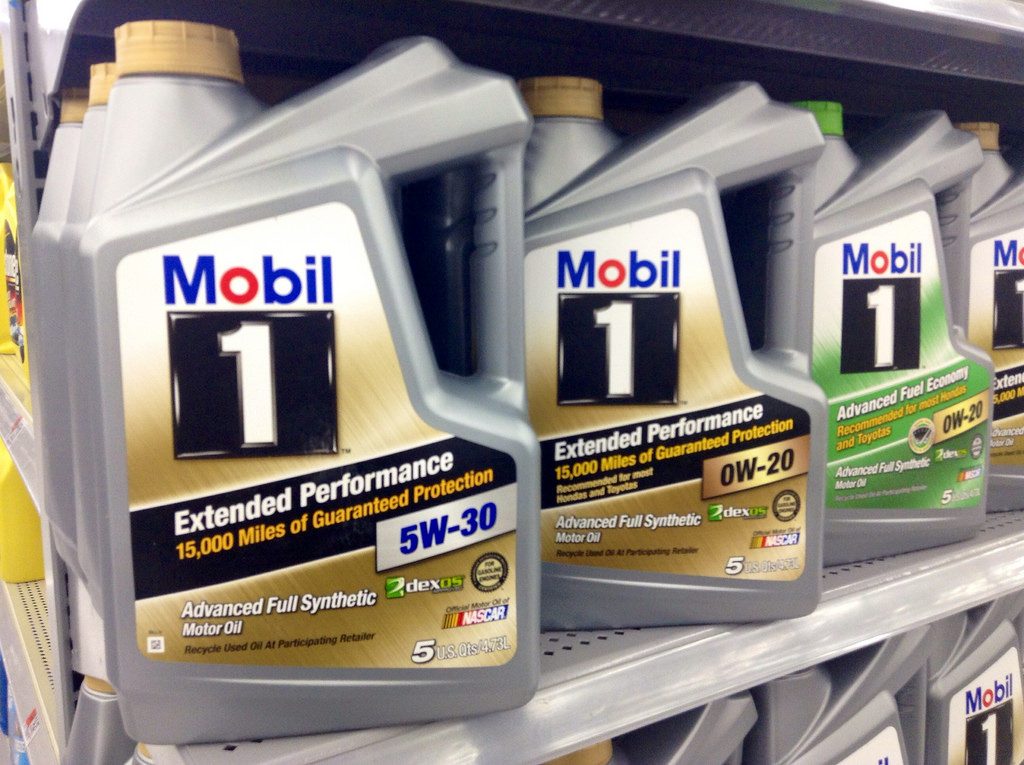Usually, natural products are considered to be better than synthetic ones. However, in the case of synthetic oils, scientists have been successful in developing a range of products that have better properties than their natural counterparts and fewer of their disadvantages.
What is synthetic oil?
Synthetic
oils are a kind of lubricant consisting of some chemical compounds
that have been man-made. Synthetic lubricants are factory-made by
chemically modifying petroleum components rather than refining crude
oil like is the case for mineral oils.
Enhanced
performance & protection
Synthetic base oils enhance the
performance of a vehicle’s engine because they have advanced
chemical processes in terms of molecular structure. An example is
Shell Helix Ultra which is designed to flow more easily at start-up
temperatures, which is the time when most wear occurs to the engine.
Oxidation occurs when oil degrades itself over time, but with a
synthetic base, the oil is more resistant to heat and it is easily
protected by antioxidant additives.
Better than
conventional mineral oil
When compared to a normal grade
mineral oil, the fully synthetic engine oil Shell
Helix Ultra is found to deliver up to five times better
cleansing, up to three times more protection and less than half as
much engine wear.
The applause of synthetic
oil
Synthetic oil has a higher level of purity and quality
than mineral base oils. Therefore, fewer unwanted components like
sulfur compounds and reactive hydrocarbons, which are not good for
your engine. The synthetic base has a more consistent molecular
composition which reduces the fluid friction levels in the engine.
Synthetic oils have been designed in such a way so as to perform
under extreme conditions in modern engines.
Check in your
user manual for the type of synthetic oil you should be using for
your car. Also, ask your mechanic to tell you which oil will best
suit your engine according to the number of miles already performed
by the engine.



One thought on “Why use synthetic oils?”